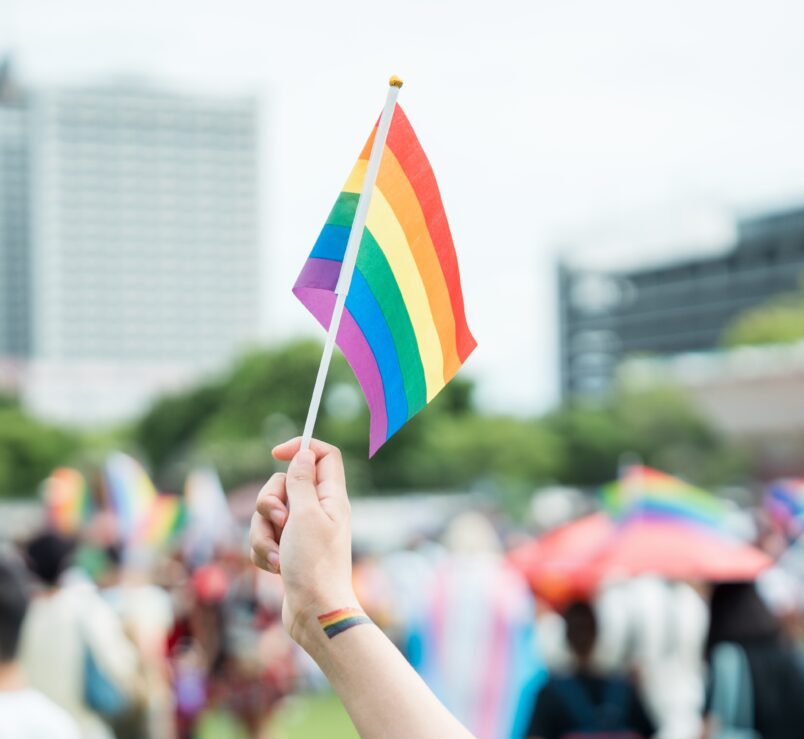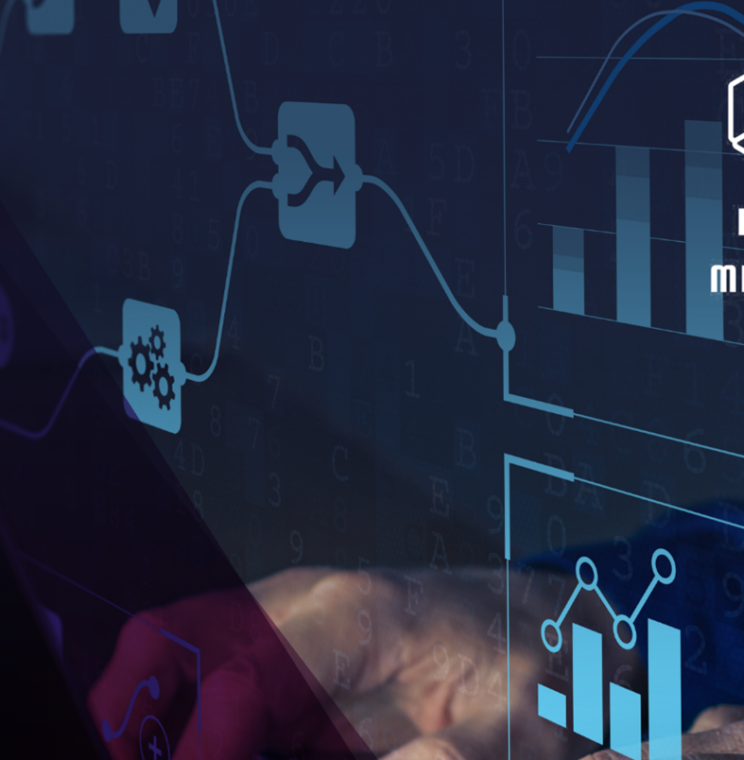Midterm evaluation grants for gender and lhbti+ equality
The Dutch government is committed to equal rights of lhbtiqa+ persons and countering discrimination. Since 2017, the Ministry of Education, Culture and Science (OCW) has therefore been supporting various collaborations working to promote gender and lhbtiqa+ equality in the Netherlands. Over 46 million euros in funding has now been provided for these collaborations (hereafter alliances). Halfway through the grant period (2022-2027), Ecorys examined the effectiveness of the alliances’ collaborations to date.
Background
The current “Gender and LGBT+ Equality Subsidy Scheme” supports eight alliances and aims to combat fragmentation by encouraging more coherence. By focusing on cooperation between the alliances, civil society organisations and the Ministry of Education, Culture and Science (OCW), the aim is to achieve more coherence between activities and content.
Each alliance has its own goal, such as promoting inclusion, financial independence of practically educated women, social safety and space for diversity in education. They work towards these goals through lhbtiqa+ youth networks, political representation and support to schools in breaking gender norms, among others.
The government requires an evaluation of grants to assess whether funding is spent efficiently, effectively and effectively. Ecorys therefore conducted a midterm evaluation covering the period January 2023 to January 2025 and evaluated activities and cooperation, both within the alliances themselves and with the Ministry of Education, Culture and Science. Specifically, we examined the alliances’ activities, achieved results and bottlenecks, in order to use this knowledge and insights to learn from successes and make improvements.
Key findings
In our evaluation, we looked at the effectiveness of the grant, cooperation within the alliances and cooperation with the ministry:
- Effectiveness refers to the extent to which alliances’ activities contributed to achieving strategic goals. Our evaluation shows that activities are largely proceeding according to plan, but delays or capacity challenges due to social and political developments, among others, affect implementation. These developments include the current political climate, increasing sensitivity and polarisation around issues such as inclusiveness. Multi-year funding is essential for sustainable change, according to the alliances.
- Cooperation within the alliances is perceived as positive. Those involved indicate mutual respect, open communication and a sense of belonging. Challenges about clarity of roles, capacity issues and staff changes can be addressed through transparent communication and knowledge transfer.
- Cooperation with the Ministry of OCW takes place at the administrative level (annually) and the account holders level (quarterly) and is perceived positively by the alliances involved, characterised by mutual trust and professionalism. At the same time, improvement can be achieved on commitment from higher administrative layers, efficiency at the account holders level, and strategic alignments with the Ministry of OCW.
Want to know more? Read our full report (in Dutch) and recommendations here.

12 June 2025
2 minute read
Services
Key Experts
Elvira Meurs
Principal Consultant
Rana Orhan Pees
Senior Consultant
Zazie Weiffenbach
Consultant



